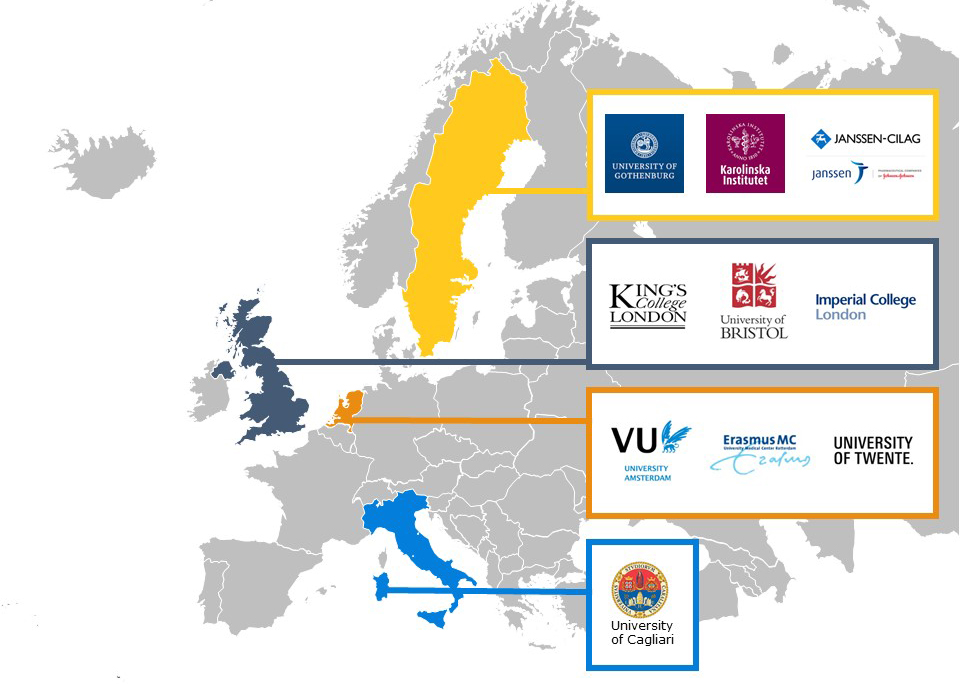I started studying clinical psychology with a vision to reduce the burden of mental ill-health. The most logical way to accomplish this was to investigate factors that may lead to the development of mental health problems as early in life as possible. Therefore, I began to investigate the effect of problematic parent-interactions on children’s mental health. I spent hours and hours observing video material of parents affected by depression interacting with their young children.
One thing that puzzled me during this work was how the children’s reactions to similar parental behaviours could be so different. Whereas one child was highly disturbed by their parent’s lack of engagement, another child would be happily playing with toys, smiling and babbling. One possible explanation was that our experiences early in life are not just determined by our environment but also by our genetic predispositions; these contribute to how we perceive and interact with our environment.
In the beginning, I was not sure whether I wanted to move into the field of psychiatric genetics, as I doubted how an understanding of genetic predispositions could be used to improve the mental health development of children. Having grown up in Germany, awareness of the danger of how genetic information could be misused to do harm was still quite prominent in my mind. What good could knowledge about an elevated genetic predisposition to depression or schizophrenia actually do to help improve the future mental health of a child?
Then, I discovered the field of epigenetics, which roughly translates as “above DNA” and focuses on how environmental exposures may influence which genes in our DNA sequence are switched “on” or “off”. As well as making sense to me that it is neither just genes nor the environment that determine our behaviour, but the interaction between the two, this approach was also in line with my vision of reducing mental health problems. Increasing understanding of which behaviours change the function of genes could help to guide a person in their environmental choices, and therefore prevent the onset of mental illness. Thus, I decided to learn more about gene-environment interactions and moved to the field of psychiatric epigenetics.
For my PhD, I am investigating exposures even earlier in a child’s life than parent-child interactions, by studying how environmental exposures during pregnancy (e.g. caffeine and alcohol consumption) may change the activity of genes in the child, and how this relates to children’s mental health. I am hoping that my research can contribute to protecting and improving children’s mental health, as well as giving more informed guidance about substance consumption to expectant parents.












